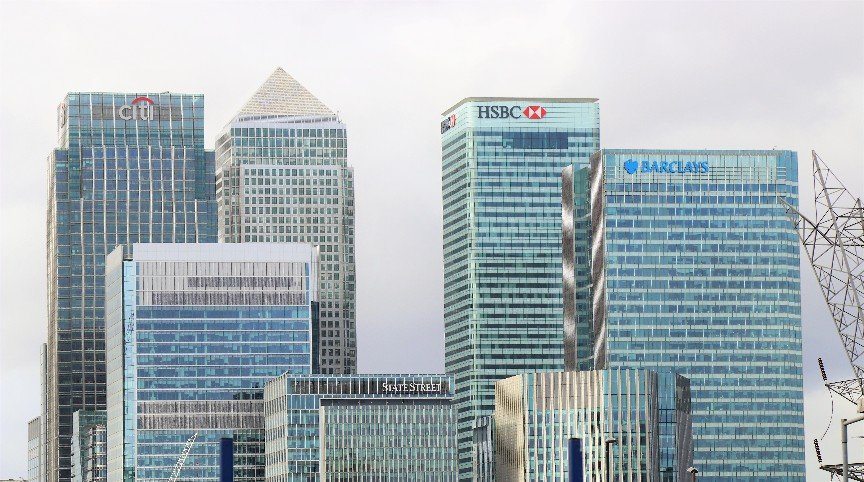Labor & Economy
Dollars and Sense: Panel Takes on the Banking Industry
With the failings of large banks in the news, Capital & Main assembled a panel of bankers and advocates last week to discuss an alternative vision for an industry that affects the lives of nearly everyone in the country — at a time when the Republican Congress is stripping away consumer protections at every turn.

With the failings of large banks in the news, Capital & Main assembled a panel of bankers and advocates last week to discuss an alternative vision for an industry that affects the lives of nearly everyone in the country. That industry has been responsible for what panelist Kat Taylor, co-CEO and co-founder of Beneficial State Bank, described as a “train of misery” that took the country into the worst economic crisis since the Great Depression.
Banking was once a conservative business built on trusting relationships, noted Amalgamated Bank CEO and president Keith Mestrich. But the banks that dominate the industry, he added, have now become trillion-dollar profit-maximizing institutions divorced from the concerns of the people they were meant to serve.
The consequence: Subprime lending, terrifyingly complex financial instruments and a fiscal mess that has disproportionately left Latinos, African-Americans and many in the Asian community “deeply stripped of wealth,” said Paulina Gonzalez, the California Reinvestment Coalition’s executive director. Gonzalez is an advocate for communities that have historically suffered from both bank redlining and predatory lending practices.
None of the panelists expected allies from a Republican Congress anxious to strip away consumer protections at every turn, as evidenced last week by attacks from the House Financial Services Committee on the head of the Consumer Financial Protection Bureau. That Obama-era creation has been responsible for returning $12 billion to consumers.
Each of the speakers promoted another model for banking that aims to restore relationships of trust, make banking services more broadly available and set criteria for investments, such as refusing to support fossil-fuel production. “Banking is not finance,” said Taylor. “It’s how we want to build the world we live in.”
Aspiration CEO Andrei Cherny suggested that power lay in harnessing the $36 billion consumers spend every day online and at the mall, in support of a set of progressive values. “If progressive financial institutions can help people make better decisions on which companies they are supporting,” said Cherny, “we can truly have an impact on forcing companies to change.”

-

 Latest NewsFebruary 3, 2026
Latest NewsFebruary 3, 2026Amid the Violent Minnesota Raids, ICE Arrests Over 100 Refugees, Ships Many to Texas
-

 Featured VideoFebruary 4, 2026
Featured VideoFebruary 4, 2026Protesters Turn to Economic Disruption to Fight ICE
-

 The SlickFebruary 2, 2026
The SlickFebruary 2, 2026Colorado May Ask Big Oil to Leave Millions of Dollars in the Ground
-

 Column - State of InequalityFebruary 5, 2026
Column - State of InequalityFebruary 5, 2026Lawsuits Push Back on Trump’s Attack on Child Care
-

 Column - California UncoveredFebruary 6, 2026
Column - California UncoveredFebruary 6, 2026What It’s Like On the Front Line as Health Care Cuts Start to Hit
-

 The SlickFebruary 10, 2026
The SlickFebruary 10, 2026New Mexico Again Debates Greenhouse Gas Reductions as Snow Melts
-

 Latest NewsFebruary 12, 2026
Latest NewsFebruary 12, 2026Trump Administration ‘Wanted to Use Us as a Trophy,’ Says School Board Member Arrested Over Church Protest
-

 Latest NewsFebruary 10, 2026
Latest NewsFebruary 10, 2026Louisiana Bets Big on ‘Blue Ammonia.’ Communities Along Cancer Alley Brace for the Cost.

